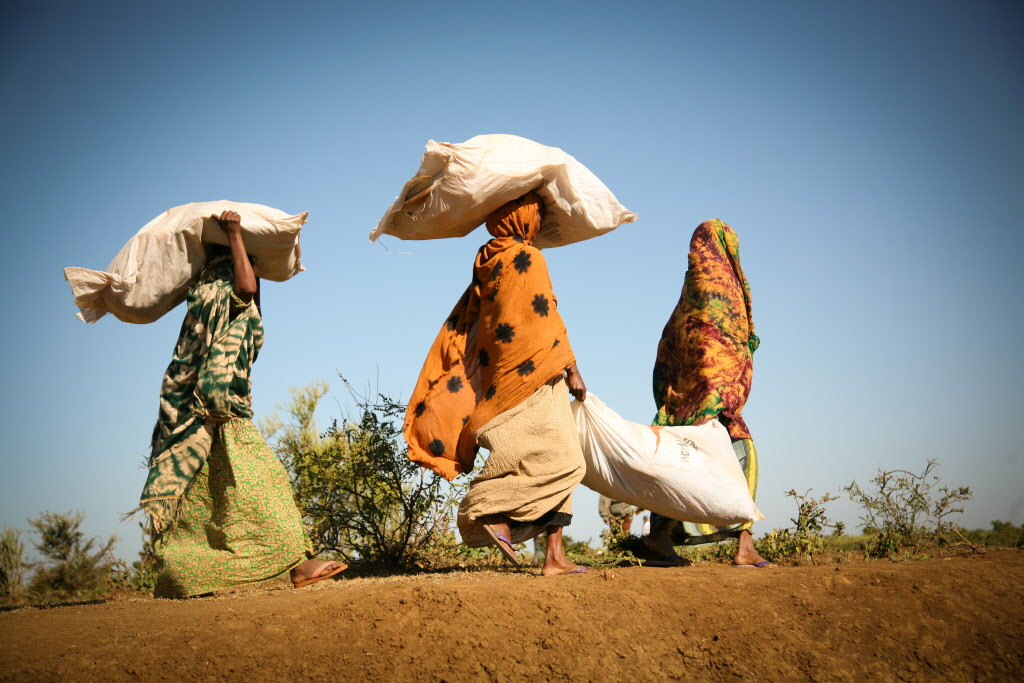
NAIROBI, Kenya (April 10, 2015) — On April 7 the Central Bank of Kenya (CBK) revoked the licenses of 13 Money Remittance Providers (MRPs) based in Nairobi, in an effort to curb the financing of terrorism. This decision came in the wake of the April 2 terrorist attack that took place at Garissa University College, killing at least 148 people and follows similar closures over past months in the United States, United Kingdom, and Australia. The undersigned agencies express their sincere condolences to the victims’ families and the people of Kenya.
Every year, Somalis from around the world send approximately US$1.3 billion to Somalia to support families and friends. This represents 24-45 percent of the country’s GDP and more than all annual humanitarian aid, development aid and foreign direct investment combined. Studies have shown that money received from overseas is used to meet basic needs, including food, water, healthcare, and education. Just three years on from a devastating famine that killed 258,000, Somalia remains in the grips of crisis and one out of every three Somali families say that without these remittance flows they would not be able to pay for food, school or basic healthcare.
With the closure of MRPs, Somali families are losing their only formal, transparent and regulated channel through which to send and receive money. Aid agencies working in Somalia also risk losing their only means of transferring money to sustain their daily humanitarian and development operations. Aid agencies use these MRPs to pay salaries, contractors, rent, and to deliver all aid activities.
Kenya faces a genuine threat of terrorism, which must be tackled. While recognizing the many challenges faced by the government of Kenya in trying to stem terrorism, a disruption to flows of genuine remittances to Somalia should be avoided. If sustained, these closures could prove costly, cause inefficiencies, and at worse force some aid agencies to close their operations.
Many of the companies whose licenses have been suspended are delivering legitimate, formal remittances to the country and should be allowed to continue their services. They should be vetted on an individual basis to ensure that they comply with Kenyan regulations.
Signatory agencies:
Adeso, CARE, CEFA, Concern Worldwide, COOPI, DRC, KAALO, Mercy Corps, Mercy-USA for Aid and Development, NCA, Oxfam, Polish Humanitarian Action, Solutions for Humanity – Somalia, VSF Suisse, World Vision
– END –
About World Vision:
World Vision is a Christian humanitarian organization conducting relief, development, and advocacy activities in its work with children, families, and their communities in nearly 100 countries to help them reach their full potential by tackling the causes of poverty and injustice. World Vision serves all people regardless of religion, race, ethnicity, or gender. For more information, please visit www.WorldVision.org/media-center/ or on Twitter @WorldVisionUSA.
Highlights
- One out of every three Somali families say that without these remittance flows they would not be able to pay for food, school or basic healthcare.
- Aid agencies working in Somalia also risk losing their only means of transferring money to sustain their daily operations.